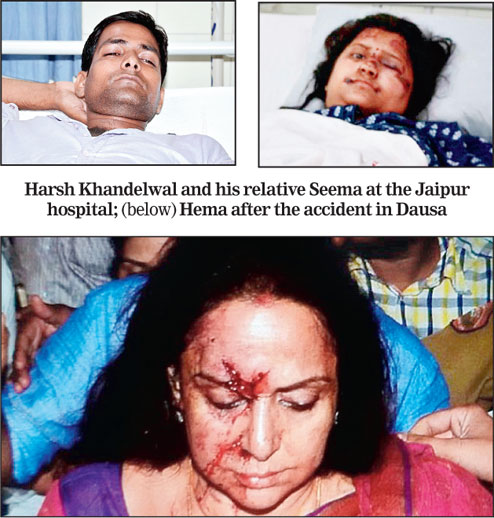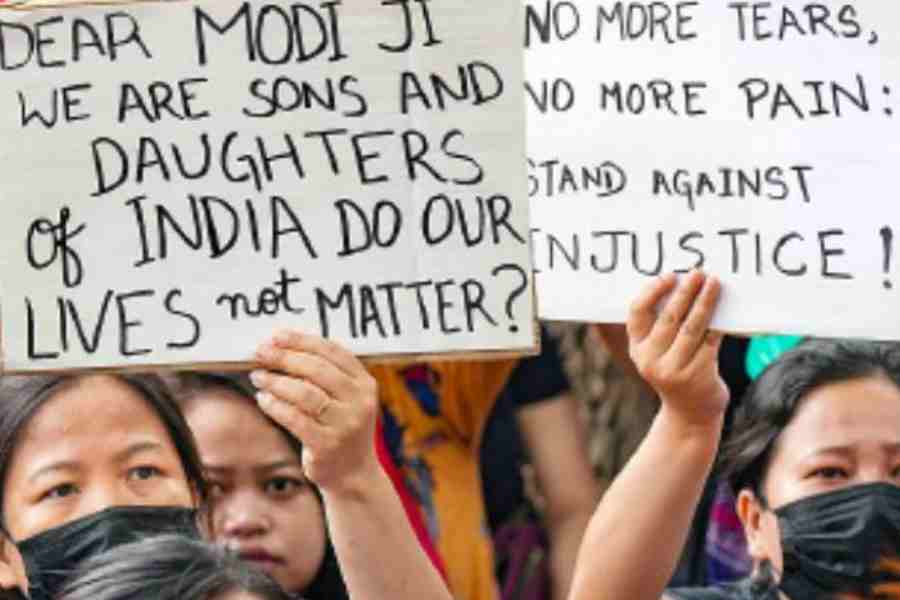
New Delhi: The University Grants Commission (UGC) has notified for the first time rules to check plagiarism by academics and research students but an organisation seeking to protect academic ethics described the rules as too narrow to curb the misconduct.
The Promotion of Academic Integrity and Prevention of Plagiarism in Higher Educational Institutions Regulations define a higher educational institution (as a university or deemed university or an affiliating college or a constituent unit of a university.
Plagiarism has been defined as "the practice of taking someone else's work or idea and passing them as own".
The rules categorise the plagiarism by degree of reproduction from an already published paper or script. (See chart)
The Society for Scientific Values (SSV) said the definition of plagiarism would exclude several forms of academic misconduct.
SSV vice-president N. Raghuram expressed the fear that the UGC rules might cover text plagiarism alone. This may prompt some to claim that fabrication and falsification of data, authorship manipulation and multiplication of publication with minor changes can be treated as legal.
"This rule has limited in scope. Anything not covered under the rule will be deemed legal now. Misconduct like falsification of and fabrication of data and authorship manipulation will be considered legal. Now institutions will scan a script or paper for text plagiarism and forget other forms of misconduct," Raghuram said.
Raghuram highlighted another flaw. Several research institutions under the Indian Council of Medical Research, the Indian Council of Agricultural Research, Department of Science and Technology and the Department of Bio-Technology will not be treated as a higher education institution because they are not affiliated to any university. These councils and departments will have to bring separate regulations for their research institutions now, he said.










